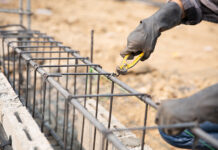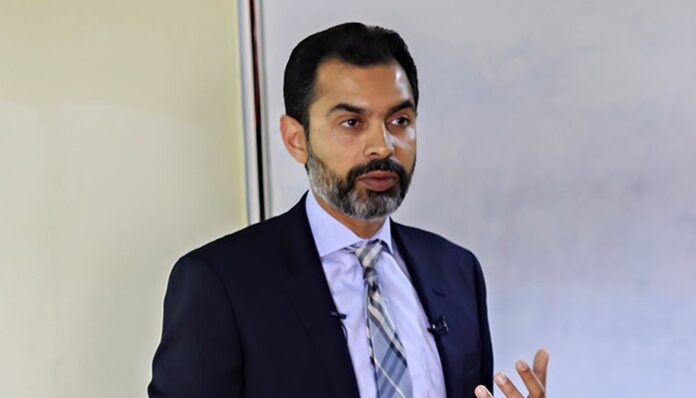State Bank of Pakistan (SBP) Governor Reza Baqir said the central bank and the federal government had been working together to shield the economy since the novel coronavirus hit the country, reported Bloomberg.
In an interview on Tuesday, Reza Baqir said Pakistan was ready to do more to shield the country’s economy.
He said the central bank stopped lending directly to the government in an attempt to plug its budget deficit.
Moreover, it switched to a market-based exchange rate and took other measures to improve external and fiscal imbalances to improve the economy’s defences in 2019.
“The policy response during Covid has been prudent. We are absolutely ready to take more actions if there is a need,” he said.
By June of 2020, the central bank expects the South Asian economy to shrink 1.5 per cent. This is the first time in 68 years that the global economy will reach the worst economic downturn since the Great Depression in the late 1930s.
Baqir has already delivered 425 basis points of rate cut this year, along with Prime Minister Imran Khan’s $2.5 billion plus spending plan to cushion the impact on the economy.
“For emerging markets, the great global lockdown has been the mother of all external shocks,” he added.
“Among EM, the problem is particularly exasperated for high debt emerging markets because they have limited policy space to undertake expansionary policies.”
The government’s loan from the International Monetary Fund (IMF) will help support part of Pakistan’s fiscal measures.
The IMF seeks the setback of the virus outbreak as ‘temporary’ and expects the economy’s debt to increase to at least 90% of gross domestic product by June, compared to 85% estimated before the pandemic.
Pakistan is on lockdown for six weeks to mitigate the spread of the virus, which increased to 10,069 as of Wednesday.
The central bank offered support to businesses by allowing up to a one-year moratorium on some loans.
“We have several areas we are working on, and refining them in light of development,” Baqir added. “It is more appropriate to talk about them once we feel the situation is such that we need to do more.”
























